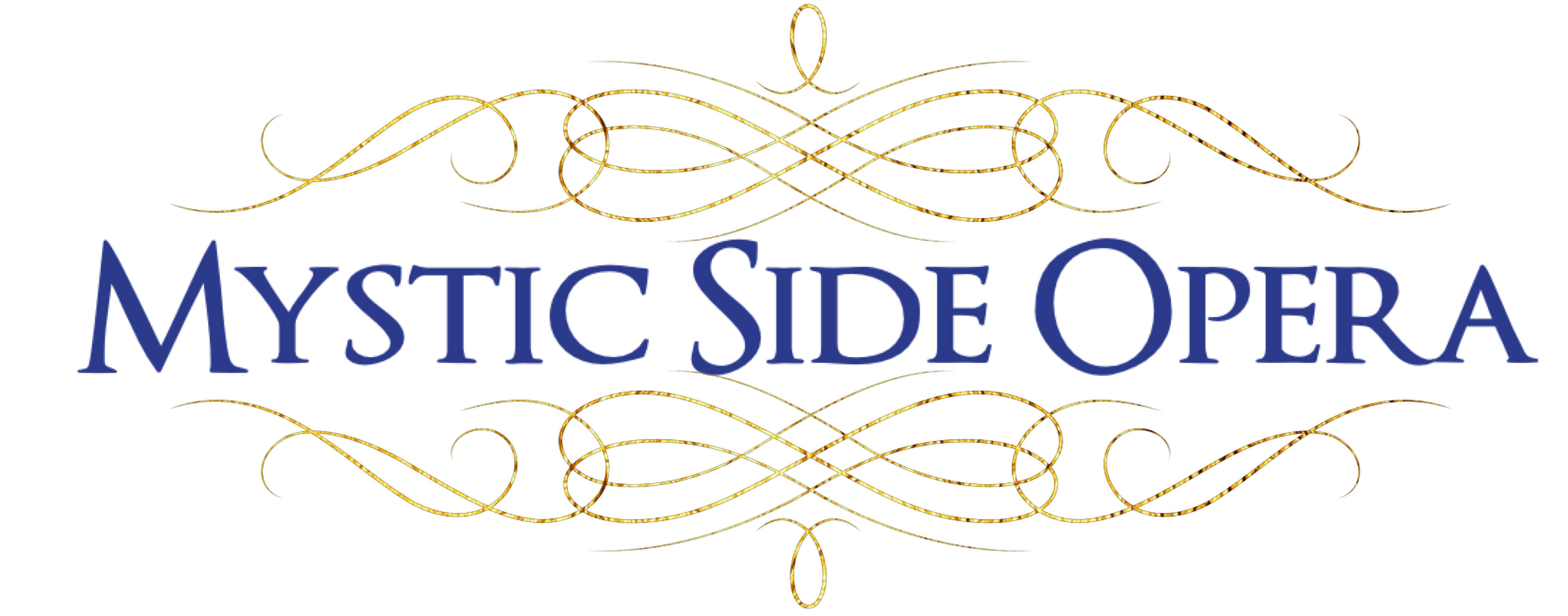This transcendent fusion of artistic visions was exemplified by Moonstruck, when the tender tragedy of La Bohème became a touching mirror into a woman's innermost hopes and conflicts regarding love. As Mimì sang of resigning her chances of love on the Metropolitan Opera stage, Loretta found herself moved to tears in the audience, her own passions and dreams reflected in the selfless sacrifices made for an all-consuming romance. In moments like these, opera broadens the palette of film to new emotional heights, the musical poetry of the human soul merging seamlessly with unforgettable images on the silver screen.
For those willing to get swept away by love's improbable possibilities, opera in film offers moments of soaring splendor where we connect profoundly with timeless stories that remind us how precious and fleeting romance can be when fate brings soulmates together. Much as La Bohème's lovers were destined for a tragically finite but beautiful love, there are special films where opera elevates the most heartfelt on-screen connections to vivid, unforgettable operatic heights...
The dramatic staging of Tosca in Quantum of Solace's climax deftly mirrors the lethal cat-and-mouse game Bond navigates backstage. As orchestral tension crescendos, an incarcerated Tosca attempts a bold, futile stand against corrupt authorities while Bond pursues intelligence vital for national security. The tales of personal vengeance and state oppression unfolding simultaneously on and off stage intensify one another, foregrounding the high stakes for all.
Francis Ford Coppola chillingly pairs Wagner's "Ride of the Valkyries" with a squadron of attack helicopters advancing on a Vietnam village in Apocalypse Now. This striking soundscape makes the aircraft seem a demonic host of war gods, evoking the bloodthirsty fanaticism once inspiring Norsemen in battle. Coppola references opera's historic ties to horror by rescoring modern mechanized genocide, reminding how art's beauty perversely twists to enable humanity's darkest impulses.
In Pretty Woman's famed La Traviata scene, director Garry Marshall shrewdly borrows Verdi’s beloved opera to mirror the film's central arc: Vivian, like tragic heroine Violetta, hides her stigmatized past to find impossible redemption through romancing an elite partner. By parallel echoing opera’s soaring emotional peaks within modern rom-com foibles, Marshall amplifies the humor and pathos of clashing classes and lovers unable to escape their true natures. Two stories of bittersweet sacrifice culminate in pop culture apotheosis - Marshall cheekily inverts operatic grandeur to lend grand romantic gravitas to his charming, iconic modern fairytale.
Fatal Attraction ironically pairs Puccini’s “Un bel di” with its ill-fated tryst. The aria's lovelorn heroine yearns faithfully for her vanished lover - unlike the film's selfish leads indulging in spouses' absences. Yet while Madame Butterfly’s hopes tragically misplace trust, she responds with grace. Conversely Alex upends lives when fixation turns destructive. Overlaying timeless tragedy with modern misconduct, the film borrows operatic intensity to paint obsession’s dangers, Puccini's beauty underscoring the ominous recklessness to come by proving it cannot compel lost love or logic.
In The Shawshank Redemption, Mozart's soaring "Sull'aria" inspires hope and human connection, scoring the film's theme of liberation. When Andy plays the duettino over the prison PA, its gorgeous scales transport the enthralled inmates out of bleak confinement, uplifting their spirits with opera's power to reveal transcendent truths despite earthly chaos. The steady musical architecture mirrors the characters progressing towards redemption, the harmonies ascending in solidarity with their perseverance, until institutional walls recede before opera's sublime universal community.
In Philadelphia's potent scene, Callas's shattering "La mamma morta" aria scores Andrew's cathartic confession of his AIDS diagnosis to Joe. As the diva's glorious operatic cries swell, their lament mirrors Andrew's grief over losing friends, foreseeing his own fate. Yet director Demme repurposes the soaring intensity to symbolize pride in lives society deems unworthy. Like Callas suspended in song, defiance shone through Andrew's tears too. In witnessing such raw vulnerability become virtuoso testimony, Joe realizes bias robbed dignity and agency from his client. Opera voiced injustice to finally unlock his compassion. The eternal outcry urged advocacy for the sick by unveiling our common privilege simply to love and be heard before death comes.
Mission Impossible: Rogue Nation aptly pairs Puccini’s intense, triumphant "Nessun dorma" aria with a signature Ethan Hunt stunt sequence. As the tenor defies death to answer love’s call, Ethan confronts lethal odds to save his imperiled team. Intercutting the escalating soloist and action set-piece, director McQuarrie amplifies their bold performances to communicate courage tested to its thrilling limits. By twinning the vocal and physical virtuosity, he frames Ethan as an action descendant of opera’s legendary daring icons. The grandeur satisfies blockbuster cravings while positioning the hero in opera’s lineage of courage and skill beating the odds.
Hollywood has long borrowed traditions from the opera stage to achieve dramatic interpretations on screen that captivate modern audiences. Lush visuals that frame timeless tales of love gained and lost. Extravagant locales contrasting small character moments. Elegant balls swirling with conspiracy. And heightened melodramatic acting where every gesture, note, entrance, betrayal and farewell is exponentially more commanding.
